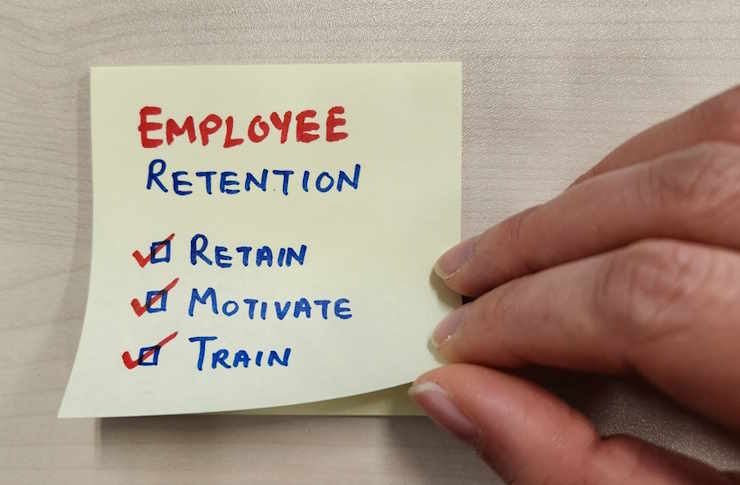Human Resources Degree: What It Covers and Career Paths
A human resources (HR) degree prepares students to manage the people side of organizations, combining coursework in labor law, organizational behavior, and personnel management. Graduates learn to design policies, recruit and retain employees, handle benefits and compliance, and use HR technology. An HR degree can be pursued at different levels and tailored to specific workplace settings, from small offices to large corporate environments.

Human resources degree: What you study
An HR degree typically covers core topics such as employment law, recruitment and selection, compensation and benefits, performance management, and training and development. Many programs also introduce organizational behavior, ethics, diversity and inclusion, and HR information systems (HRIS). Applied projects and case studies help students learn to draft policies, conduct interviews, and assess talent needs.
Electives and concentrations let students focus on areas like labor relations, international HR, talent analytics, or nonprofit management. Practical experiences such as internships, capstones, or simulations are common and help bridge classroom theory with real office situations.
Education paths: Types of HR programs
Education pathways for HR include associate degrees, bachelor’s degrees, and graduate programs. An associate degree or certificate can prepare someone for entry-level office roles, while a bachelor’s degree is the standard for many HR generalist and specialist jobs. At the graduate level, a master’s in human resources or an MBA with an HR emphasis is offered for those targeting leadership or strategic roles.
Beyond degrees, professional certifications—such as those from recognized HR organizations—are frequently pursued to demonstrate expertise and keep up with continuing education requirements. Short courses in HR analytics, employment law updates, and diversity training offer skill refreshers for ongoing professional development.
Workplace skills: How an HR degree applies
An HR degree develops both technical and interpersonal skills used daily in the workplace. Technical competencies include workforce planning, payroll and benefits understanding, regulatory compliance, and use of HR software. Interpersonal skills emphasized in programs include communication, conflict resolution, negotiation, and coaching—abilities essential for mediating disputes and advising managers.
Practical classroom activities like role-plays, group projects, and data analysis exercises mirror common office scenarios. Employers value graduates who can translate policy into practice, interpret workforce metrics, and support a healthy workplace culture while aligning people strategies with organizational goals.
Office roles: Typical positions after graduation
Graduates with an HR degree often begin in roles such as HR coordinator, recruiter, benefits specialist, or training and development associate. Other common positions include HR generalist, payroll administrator, and HR analyst, which involve a mix of administrative responsibilities and strategic input.
With experience, professionals can move into managerial or specialist tracks—such as compensation and benefits manager, talent acquisition manager, or labor relations specialist. Some HR professionals shift into related functions like organizational development, business consulting, or compliance roles within an office or across broader organizational units.
career outlook: Progression and skills
Career progression in HR typically moves from entry-level operational roles to mid-level specialist or manager positions, then to senior leadership such as HR director or chief people officer, depending on experience and additional credentials. Key skills for progression include strategic thinking, data literacy, change management, and an ability to advise leadership on workforce implications of business decisions.
Ongoing education, certifications, and hands-on experience in diverse workplace settings strengthen advancement prospects. Networking, mentorship, and developing industry-specific knowledge (for example, healthcare, manufacturing, or tech) can also open opportunities in local services, consulting, or corporate HR departments.
Conclusion
An HR degree offers a foundation in people management, policy, and workplace systems that applies across many office environments. Whether pursued for a first role in human resources or as part of a longer-term plan toward HR leadership, the degree builds a mix of soft and technical skills that support organizational effectiveness. For those interested in employment law, talent development, and creating productive workplace cultures, an HR degree can be a practical educational path.






